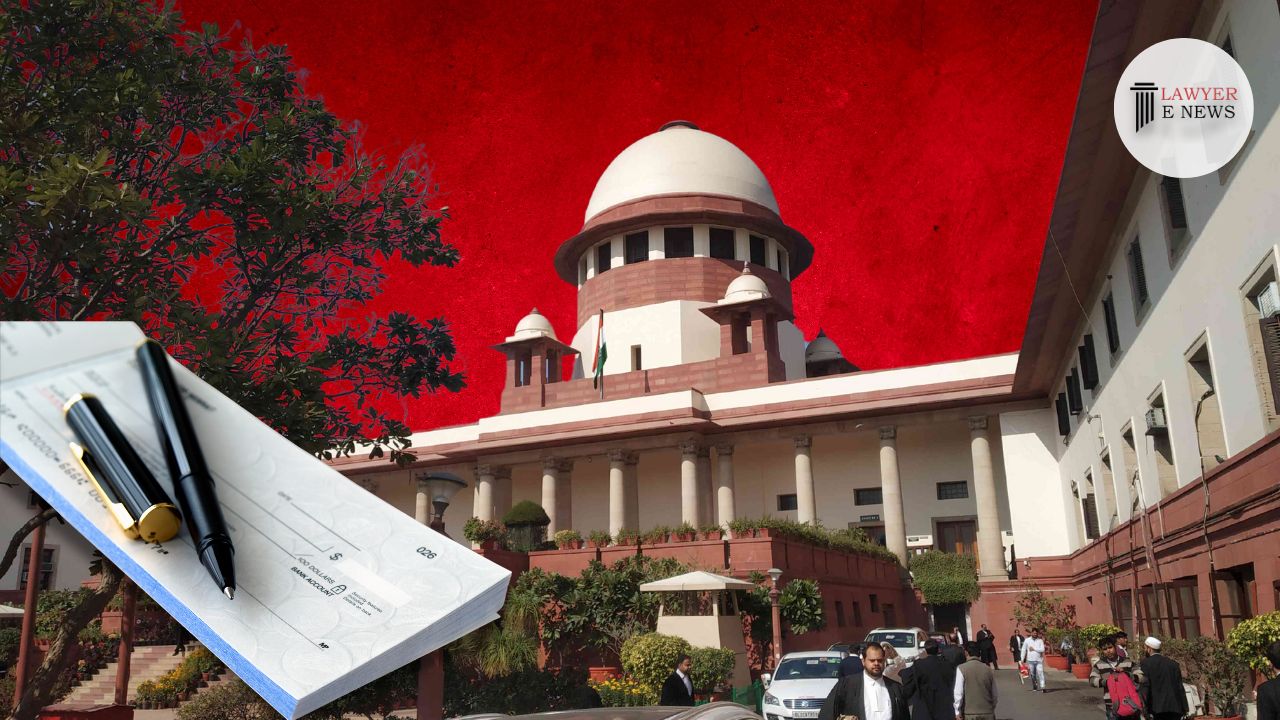-
by Admin
15 February 2026 5:01 PM



In a landmark judgment, the Supreme Court of India quashed the criminal conviction of an appellant under Section 138 of the Negotiable Instruments Act, 1881. The bench, comprising Justices Sanjay Karol and Aravind Kumar, held that the existence of a civil decree declaring a cheque merely a security rendered the criminal proceedings unsustainable.
The primary legal issue centered around the initiation of criminal proceedings under Section 138 of the Negotiable Instruments Act in cases where a civil decree already exists concerning the same transaction.
The appellant, Prem Raj, was convicted in criminal courts for bouncing a cheque of Rs.2,00,000. Concurrently, a civil court had decreed the cheque as merely a security. The contention was whether a criminal court could proceed with conviction despite a civil court's decree on the same matter.
Civil vs. Criminal Proceedings: The Supreme Court observed, “Decisions of civil courts are binding on criminal courts," citing M/s. Karam Chand Ganga Prasad & Anr. vs. Union of India & Ors. The Court emphasized that criminal courts are not bound by civil decrees for sentencing and damages.
Conflict Between Civil and Criminal Findings: Drawing from Iqbal Singh Marwah vs. Meenakshi Marwah, the Court acknowledged permissible conflicts between civil and criminal courts due to differing standards of proof. However, it was held that the criminal court is bound by the civil court's declaration of the cheque as security in this specific case.
The Court concluded that the criminal proceedings against the appellant under Section 138 of the Negotiable Instruments Act were unsustainable. It ordered the quashing of the conviction and the return of the damages imposed by the lower courts.
Date of Decision: April 02, 2024
Prem Raj vs. Poonamma Menon & Anr.
